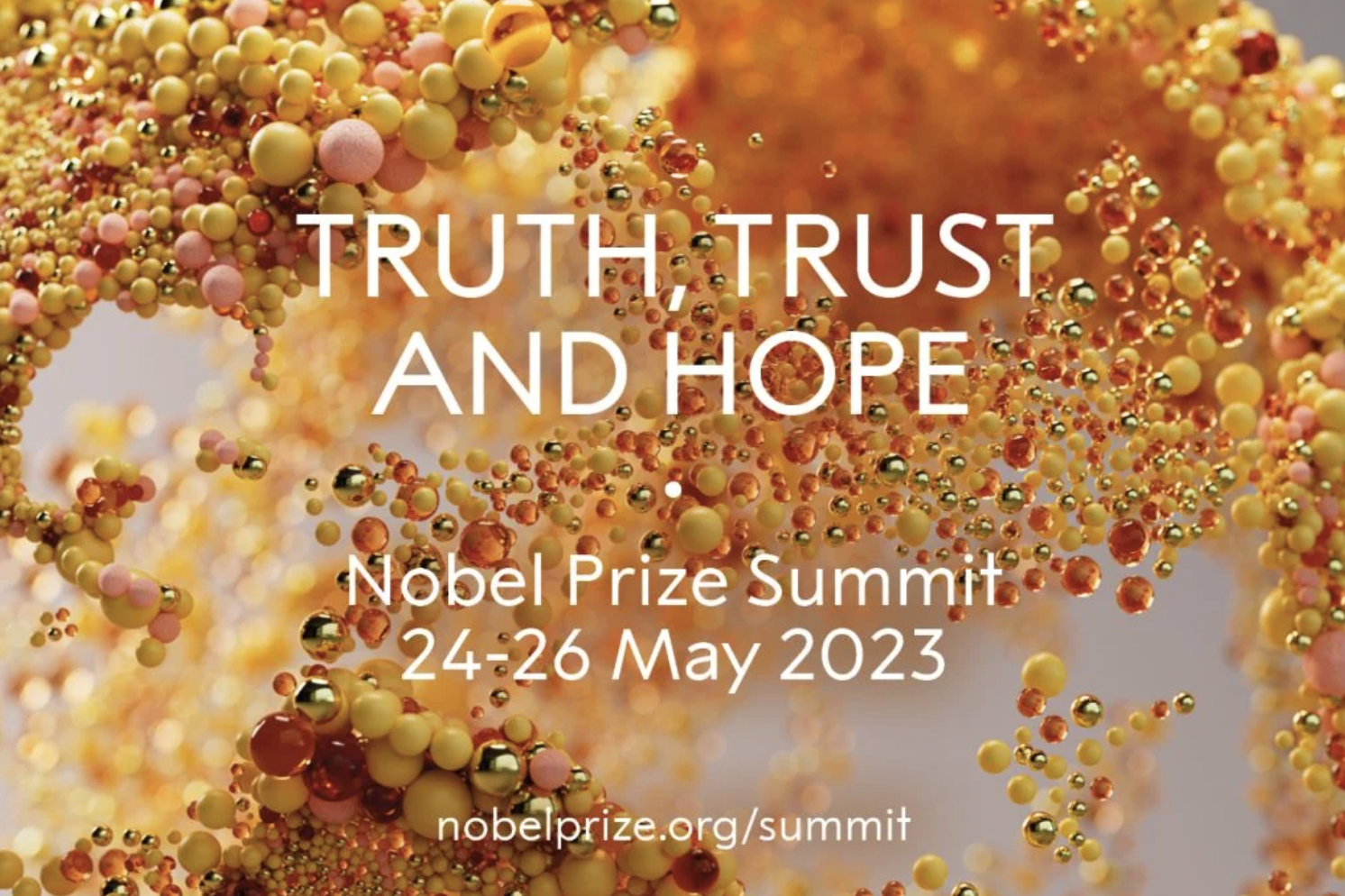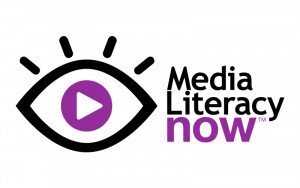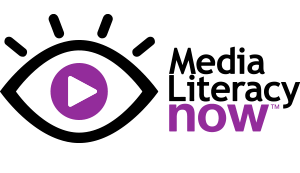Media Literacy Now was invited to participate in The Nobel Prize Summit’s Solution Sessions – Truth, Trust, & Hope. The Nobel Prize Summit brings together laureates and leading experts in conversations on how we can combat misinformation, restore truth in science, and create a hopeful future.

MLN’s panel discussion, “Scientific Media Literacy in K-12 Education,” was held on Friday, May 26 from 1-2pm EST and convened a virtual panel of educators and media literacy advocates to discuss the need for media literacy education, specifically in K-12 science classes, current barriers to implementing media literacy, and ways to address barriers. Following the panel discussion, panelists answered questions submitted by attendees. You can access the webinar recording (coming soon!) and some of the submitted questions and answers.
This panel discussion is part of MLN’s ongoing work to address scientific misinformation and the threat it poses to our society. Earlier this year, a group of educators and media literacy experts convened to discuss current science education standards and how they might be leveraged to address several concerns, particularly the increasingly harmful influence of scientific misinformation. Tackling Misinformation in Science Education, written by Jonathan Osborne, Andrew Zucker, and Daniel Pimentel, is an analysis of the problem and recommendations for moving forward.
One of the recommendations is to assemble a group of experts to consider what K-12 students need to learn at different grade levels to become better at evaluating sources of science-related information, as a way to address scientific misinformation, specifically with regard to science education standards in K-12 schools. We’re proud to be doing this work in collaboration with the Howard Hughes Medical Institute, whose mission is to advance science education for the benefit of humanity.
We are currently seeking passionate individuals to be a part of our coalition. We are seeking the following:
- Science teachers (at various grade levels K-12)
- Researchers who have studied misinformation
- Public health experts
- Individuals who can contribute to a rich, well-informed set of discussions
If you, or someone you know, might be a good fit, we encourage you to nominate yourself or others via this Google Form.

